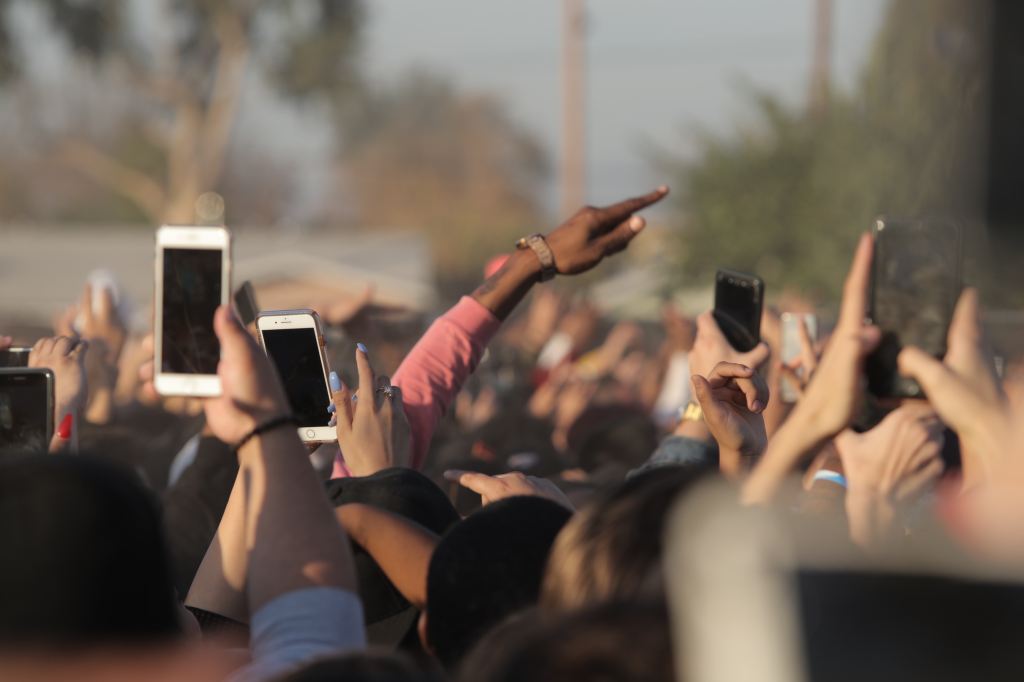A few years ago, Tom Steinberg and I discussed the potential risks posed by AI bots in influencing citizen engagement processes and manipulating public consultations. With the rapid advancement of AI technology, these risks have only intensified. This escalating concern has even elicited an official response from the White House.
A recent executive order has tasked the Office of Information and Regulatory Affairs (OIRA) at the White House with considering the implementation of guidance or tools to address mass comments, computer-generated remarks, and falsely attributed comments. This directive comes in response to growing concerns about the impact of AI on the regulatory process, including the potential for generative chatbots to lead mass campaigns or flood the federal agency rule-making process with spam comments.
The threat of manipulation becomes even more pronounced when content generated by bots is viewed by policymakers as being on par with human-created content. There’s evidence to suggest that this may be already occurring in certain scenarios. For example, a recent experiment was designed to measure the impact of language models on effective communication with members of Congress. The goal was to determine if these models could divert legislative attention by generating a constant stream of unique emails directed at congressional members. Both human writers and GPT-3 were employed in the study. Emails were randomly sent to over 7,000 state representatives throughout the country, after which response rates were compared. The results showed a mere 2% difference in response rates, and for some of the policy topics studied, the response rates remained consistent.
Now, the real trouble begins when governments jump on the bot bandwagon and start using their own bots to respond, and we, the humans, are left out of the conversation entirely. It’s like being the third wheel on a digital date that we didn’t even know was happening. That’s a gloomy scenario.
